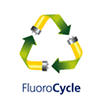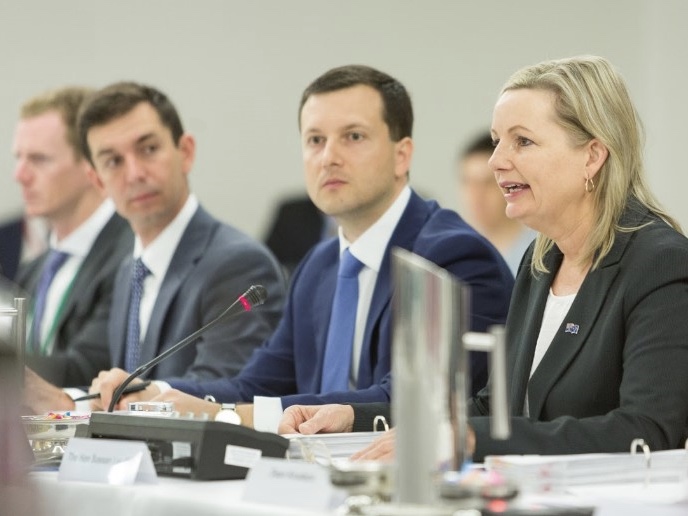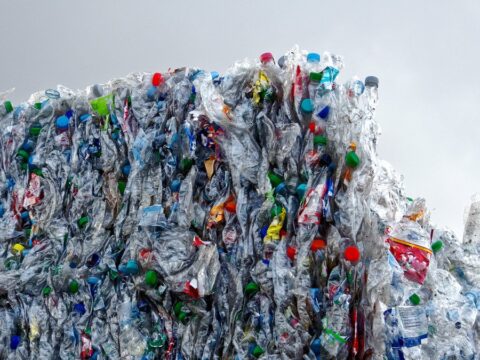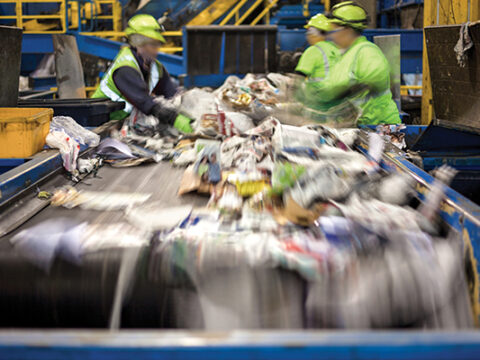
Australian Waste Export Ban
May 20, 2020
Lighting Council Australia welcomes Federal Government’s announcement of $1 billion waste and recycling plan
September 25, 2020Date: Wednesday January 29 2020
Agreed Statement – 8 November 2019, Adelaide
The ninth meeting of Australia’s Environment Ministers has put forward a proposed timetable for the progressive phase out of problem waste exports from July next year, while also committing to ambitious waste reduction targets for all states and territories under a New National Waste Action plan.
Meeting in Adelaide today, the Commonwealth, state and territory Ministers reaffirmed their commitment to working together to deliver practical environmental outcomes that address the range of challenges facing our environment.
Topics ranged from waste, to procurement strategies, product stewardship, biodiversity, climate change, feral cat eradication, blue carbon abatement, indigenous heritage and ivory trade.
Key issues:
COAG Waste Export Ban
Ministers agreed that waste plastic, paper, glass and tyres that have not been processed into a value-added material should be subject to the export ban. They further determined that the ban should commence on 1 July 2020 with a phased approach. Ministers agreed the phase out should be completed by the following dates:
- All waste glass by July 2020.
- Mixed waste plastics by July 2021.
- All whole tyres including baled tyres by December 2021.
- Remaining waste products, including mixed paper and cardboard, by no later than 30 June 2022.
This timetable reflects the unique challenges of each jurisdiction, and the preparedness of some jurisdictions to complete the phase out ahead of schedule.
Ministers will further test the timetable with industry and local government, while also developing response strategies and undertaking independent market analysis.
The decision follows the August 2019 Council of Australian Governments’ (COAG) charging environment Ministers with the development of a time-table for banning the export of waste plastic, paper, glass and tyres.
All jurisdictions acknowledged resourcing, from Commonwealth, states and territories, and industry will be required to effectively implement the ban.
In
early 2020 Ministers will provide further advice on final timetables,
definitions and response strategies to First Ministers for their confirmation.
National Waste Policy – Action Plan
Environment ministers agreed to a new National Waste Policy Action Plan that will drive the implementation of Australia’s National Waste Policy.
It includes ambitious targets to make Australia a world leader in waste management and recycling, including:
- An 80 per cent ‘recovery’ rate of material across all waste streams.
- Significant increases to government procurement of recycled materials.
- Halving the amount of organic waste sent to landfill.
All Ministers have committed to identifying any significant procurement opportunities over coming months such as major road projects that could use significant amounts of recycled material. The Commonwealth agreed to take a leading role. This reflects a wider commitment from the Commonwealth and states to drive procurement strategies for recycled material.
The Commonwealth Government will prioritise work with states and territories and relevant industry and standards bodies to develop engineering specifications and standards to support the use of recycled materials in building, construction and infrastructure development, for use across all jurisdictions. The Commonwealth Government will report back on progress at the next MEM.
A cross-sector reference group involving government, non-government organisations, industry groups and business representatives will also be established to review progress on the Action Plan’s implementation.
To support the delivery of strategies within the Action Plan, Ministers also agreed to encourage major battery manufacturers to participate in a new Battery Stewardship Scheme to improve the rate of battery recycling.
For those states and territories with container deposit schemes, Ministers agreed to work together to expand and harmonise the scope and alignment of schemes and product labelling for beverage manufacturers.
Ministers agreed to write to the Australian Packaging Covenant Organisation to set out their expectations with respect to new packaging targets.
Australia’s Strategy for Nature
Environment ministers endorsed a national framework for government, non-government and community action to strengthen Australia’s biodiversity and care for local environment areas.
Australia’s Strategy for Nature 2019-2030 is the result of extensive collaboration between the Australian Government, all state and territory governments, and the Australian Local Government Association.
The work will position
Australia to be well ahead of the new global biodiversity framework to be
released in 2020.
Feral cat control
Ministers agreed the need to identify and evaluate new feral cat control strategies to protect our species. These strategies include synthetic biology, and ministers agreed to report back at their next meeting. Feral cats in Australia kill an estimated 459 million native mammals, 596 million reptiles and 316 million birds each year.
Digital Transformation of Environmental Assessments
Ministers agreed to work together to digitally transform environmental assessment systems, providing greater access to shared environmental data, less duplication and greater transparency.
Delays within the current system are a costly frustration to both proponents and environmental groups and have already been identified as a key area to address within the review of the Environment Protection and Biodiversity Conservation Act under Professor Graeme Samuel.
Climate Change
The Ministers reviewed a number of issues relating to climate change including the progression of ‘blue carbon’ measurement to identify abatement opportunities in aquatic environments. The expediting of calculation methods, particularly for the reintroduction of tidal flows to restore mangroves and salt marshes, was agreed along with the progression of opportunities under the Emissions Reduction Fund. Ministers also discussed the Intergovernmental Panel on Climate Change Special Reports on Climate Change and Land, and Oceans and Cryosphere.
Ministers agreed that the Commonwealth would provide a detailed presentation on its plan to meet Australia’s emissions reduction targets under the Paris Agreement to the next Meeting of Environment Ministers. This will include an opportunity to understand how States and Territories are contributing to those outcomes.
Coastal Erosion
Coastal erosion and inundation was acknowledged as a risk that requires a collaborative approach from all levels of government. Ministers agreed to establish an intergovernmental working group to collate existing information on coastal erosion and inundation hazard risk management, and propose a collaborative approach to coastal erosion for consideration through a future meeting of environment ministers.
Heritage sites
Ministers supported the addition of Murujuga to Australia’s World Heritage Tentative List in 2020. With more than one million images, Murujuga (the Dampier Archipelago and surrounds) has the world’s largest, densest and most diverse concentrations of rock art carvings in the world.
Ministers also discussed how to better protect sites of Indigenous cultural heritage within their jurisdictions, noting the fire damage caused to ancient Aboriginal rock last summer in Queensland’s Carnarvon Gorge National Park.
Yabby nets
Ministers will also pursue a nationally consistent approach to address the negative impacts that ‘opera-house’ yabby nets have on Australia’s native wildlife, in particular on platypus.
Ivory ban
There was agreement that all jurisdictions would identify appropriate mechanisms to eliminate domestic trade in ivory and rhinoceros horn, including working with relevant trading houses. Ministers agreed to write to make a submission through the Commonwealth’s review of the EPBC Act.



